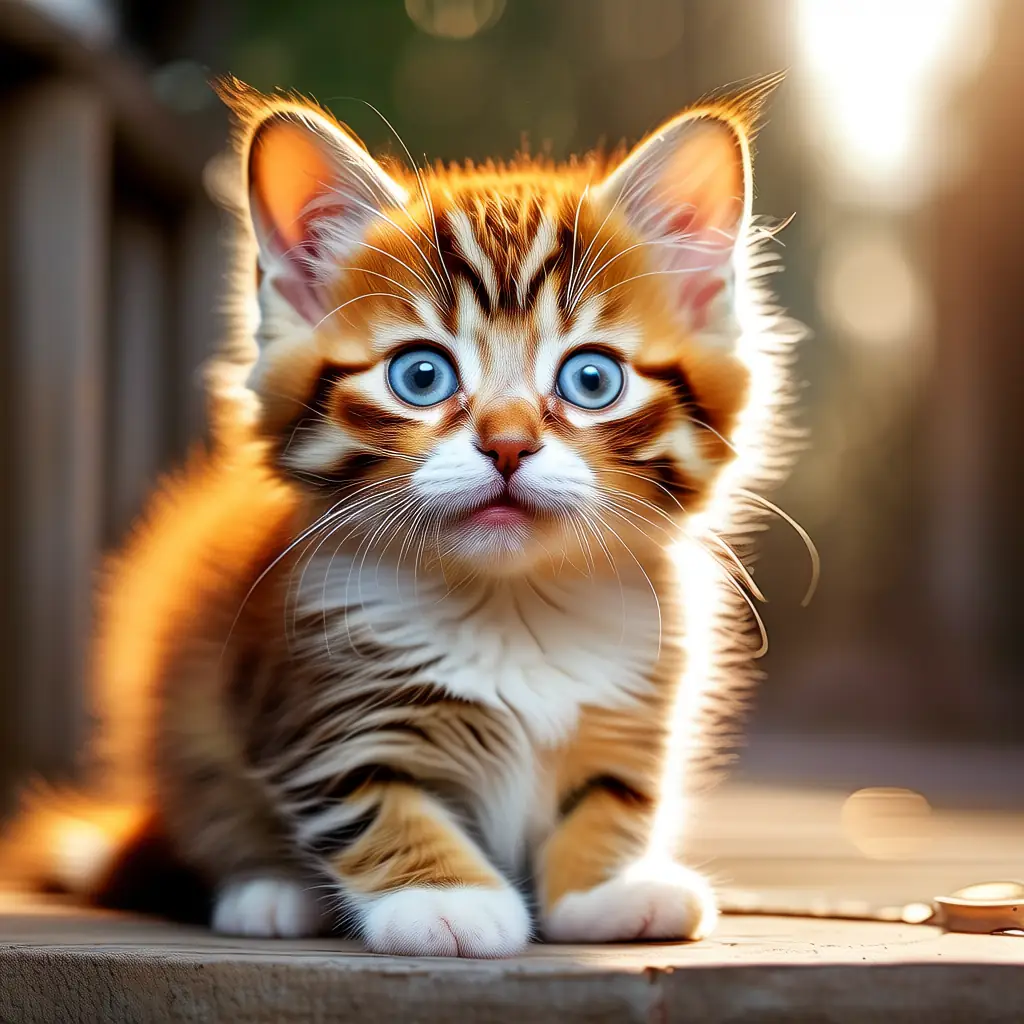Feeding Felines: Your Guide to a Happy, Healthy Cat
As a cat owner, you play a crucial role in your pet's health and happiness. A well-balanced diet is key to keeping your feline friend in top shape and can help prevent a range of health issues. Cats are obligate carnivores, meaning they need a diet rich in animal-based proteins. These include essential nutrients like taurine, arachidonic acid, and vitamin A, which they can't produce on their own. So, what does a balanced meal look like? Think high-quality proteins (chicken, turkey, beef, fish), healthy fats for energy and a shiny coat, and a sprinkle of carbs from easily digestible sources like sweet potatoes or rice. Don’t forget to keep the water bowl full—hydration is a must!
Choosing the right food can feel overwhelming with so many options on the market. Start by looking for an AAFCO (Association of American Feed Control Officials) statement that confirms the food is complete and balanced for your cat’s life stage. Check the ingredient list; the first few should be high-quality, animal-based proteins. Steer clear of fillers and artificial preservatives. Consider your cat's age and any specific health needs. For example, kittens and senior cats have different nutritional requirements, and if your cat has a health issue, consult your vet for specialized diets.
Wet and dry foods each have their perks. Wet food provides extra moisture, which is great for cats who don’t drink enough water, while dry food can help with dental health. Mixing both can give your cat the best of both worlds. When it comes to feeding, portion control is key. Overfeeding can lead to obesity, a common problem in cats. Follow the feeding guidelines on the packaging and adjust based on your cat’s activity level and body condition. Establish a consistent feeding schedule—most cats do well with two meals a day, but some may prefer smaller, more frequent meals.
- Always read the label and look for the AAFCO statement.
- Choose high-quality, animal-based proteins as the main ingredients.
- Mix wet and dry food for a balanced diet and hydration.
- Establish a regular feeding schedule and monitor portions.
A common mistake is overfeeding, so keep an eye on those portions! Remember, a well-fed cat is a happy and healthy cat.
